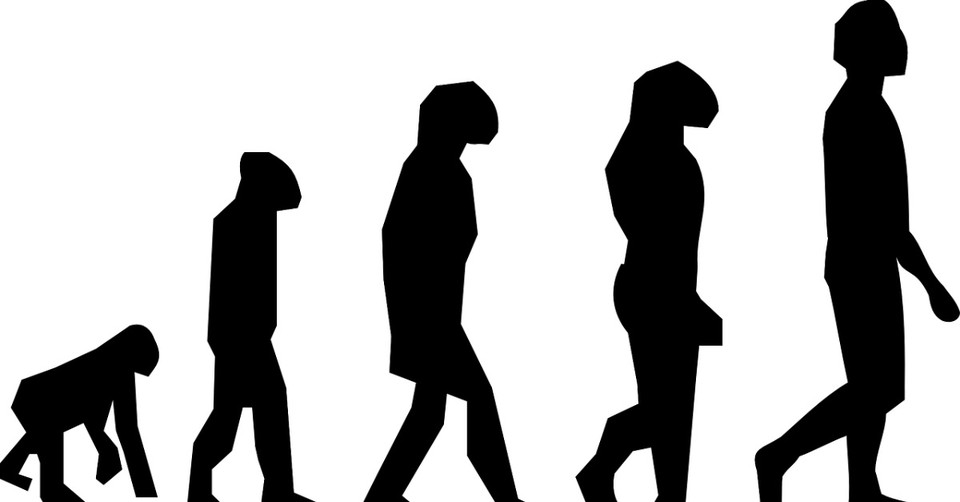Harvard-Educated Scientist Gives 4 New Claims Against Darwin

Ever since Charles Darwin’s publication in 1859 of On the Origin of Species, western civilization has felt the repercussions of his radical ideas. To this day, the vast majority of the scientific community accepts genealogical kinship between mankind and monkeys. Yet after Darwin died, several scientific developments began to quietly set the stage for a revolution against Darwin. In isolation, each of these four events foretold a minor disturbance in the “settled” scientific view. Together, these four advances foreshadowed a major upheaval in how we understand natural history.
Here are four reasons Darwin's On the Origin of Species is no longer a "settled" point of view:
1. The number of known species grew dramatically.
Species is simply the technical scientific term for categories of creatures, many of which are familiar—African elephants, giraffes, horses, etc. In 1859, the number of species known to the scientific community was only 15% of the number known today. Hundreds of thousands of new species have been discovered since Darwin’s book was published. In other words, when Darwin wrote On the Origin of Species, he wrote in ignorance of 85% of his subject matter.
2. On the question of the origin of species, the most important field of science was born.
Species are defined by their characteristics or traits. For example, we recognize elephants by their trunks and giraffes by their long necks. Yet traits are rebuilt from scratch every generation. When sperm meets egg at conception, life begins, but elephants don’t begin with a body that has a trunk or a tail. These features are built in the womb during the process of development. In other words, species are defined by traits, but traits are defined by inheritance. The field of science concerned with inheritance—the field of genetics—wasn’t born until after Darwin wrote the Origin. Darwin tried to solve a genetic mystery long before any scientist would have genetic data with which to penetrate it.
3. Creationist ideas matured.
In 1859, Darwin used non-genetic evidences to successfully refute primitive creationist ideas. Nineteenth-century creationist views were based on simple observations, not on the Bible. Since Darwin’s death, creationists have derived their scientific hypotheses within a Scriptural framework. Consequently, nearly all of Darwin’s original evidences fail to reject modern creationist ideas
4. Modern genetic discoveries turned the tables on the origins debate.
In the long history of the creation/evolution debate, evolutionists have held creationists to the gold standard of science. This standard insists that only those ideas that make testable predictions can be considered scientific. For example, the law of gravity is scientific because it makes testable predictions. For instance, if I stand in the middle of Kansas, hold up a fist-sized rock, and then let it go, we can reliably predict that it will fall to the ground. In the arena of genetics, evolutionary ideas have failed to accurately predict the genetic differences among species. In contrast, modern creationist ideas have pegged the numbers accurately. This fact reverses long-standing roles in the origins debate, and sets the stage for a new scientific revolution.
One hundred and fifty years after Darwin, the long-standing secrets of each species’ history are finally beginning to be revealed.
Nathaniel Jeanson has a PhD in biology from Harvard University and is the author of “Replacing Darwin: The New Origin of Species”
Photo credit: Pixabay.com
Originally published November 28, 2017.




